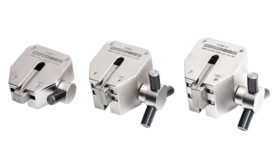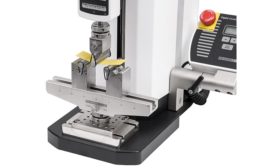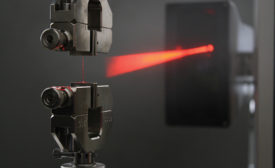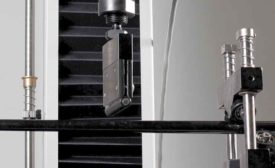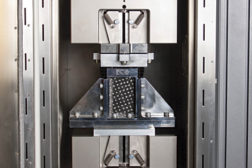Home » tensile testing
Articles Tagged with ''tensile testing''
6 best practices for ensuring productive, repeatable compression testing.
Read More
5 Common Errors in Tensile Testing
As with any testing, the data is only as good as the test methodology allows.
October 31, 2017
6 Popular Fatigue Test Applications
It’s used in applications ranging from dental implants to running shoes.
August 1, 2017
The Universality of a Universal Testing Machine
A staple of quality control laboratories around the world, a UTM is an indispensable asset to quality and engineering professionals.
April 1, 2017
Tensile Testing Machine Basics
Learn more about testing solutions available today.
October 1, 2015
Quality 101
Mechanical Testing of Composites
The mechanical testing of composite materials involves a range of test types, a plethora of standards, and the need to condition and test in a variety of different environments.
July 1, 2014
Measuring the Ductility of Metals
Ductility is defined as the ability of a material to deform plastically before fracturing.
June 1, 2007
Stay in the know with Quality’s comprehensive coverage of
the manufacturing and metrology industries.
eNewsletter | Website | eMagazine
JOIN TODAY!Copyright ©2024. All Rights Reserved BNP Media.
Design, CMS, Hosting & Web Development :: ePublishing

